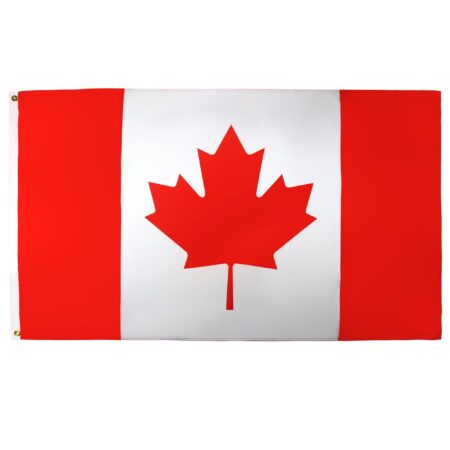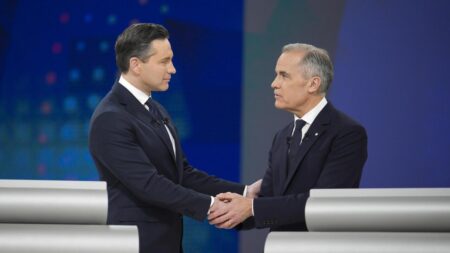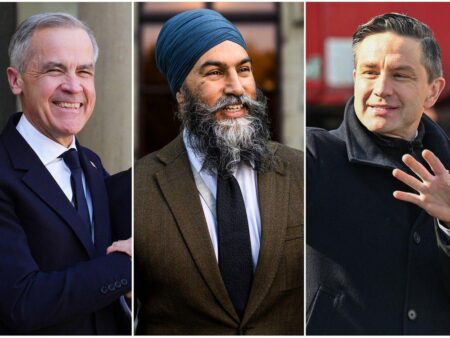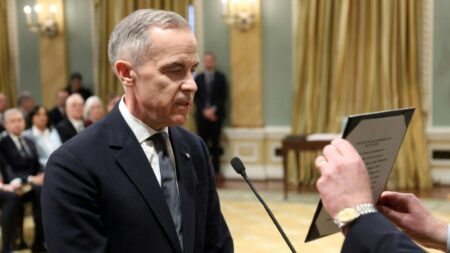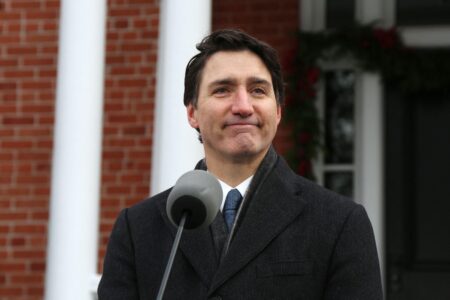In Canada’s French-language election debate, party leaders passionately confronted urgent issues such as climate change, healthcare, and immigration. As tensions escalated over economic policies, candidates launched pointed critiques at one another, underscoring the high stakes of this election for voters
Browsing: Canadian politics
In the recent Canadian election debate, pivotal issues took center stage, igniting passionate discussions among candidates and shaping voter sentiment. As they squared off over climate policy, healthcare, and economic recovery, stark divisions became evident. This lively exchange highlighted the significant challenges that lie ahead in what promises to be a fiercely contested race
As Canada prepares for the pivotal 2025 federal election, pressing issues like healthcare, climate policy, and economic recovery are taking center stage. The pulse of voter sentiment and the strategies of political parties will play a crucial role in shaping a dynamic political landscape as we approach election day.
Pierre Poilievre’s central appeal as a staunch fiscal conservative is now facing scrutiny, with critics arguing that his rigid stance on economic issues alienates moderate voters. This evolution could impact his campaign’s viability in upcoming elections.
Canada’s Deputy Prime Minister Chrystia Freeland has announced a crackdown on the influx of guns and drugs from the United States. The initiative aims to bolster national security and address rising crime rates linked to cross-border trafficking.
In response to Donald Trump’s persistent misinformation, Canada should prioritize strategic communications to counter false narratives. Elevating clear, factual messaging can help foster understanding and unity, moving beyond distractions like booing the anthem.
In a recent appearance, Alberta Premier Danielle Smith attempted to clarify Pierre Poilievre’s political stance to an American audience. Her explanations inadvertently resonated with Canadians, sparking discussions about leadership and national identity amidst evolving political dynamics.
As the Canadian elections approach, recent polls indicate a tightening race between Mark Carney and Pierre Poilievre. Analysts suggest Carney’s economic background may resonate with voters, but Poilievre’s established base presents a formidable challenge.
In a recent episode of his podcast, Joe Rogan expressed his views on potential U.S. expansion, clarifying he doesn’t see Canada as a candidate for statehood. However, he did suggest that a different nation could be more suitable for becoming the 51st state.
In a historic political shift, Mark Carney has been sworn in as Canada’s new prime minister, succeeding Justin Trudeau. The former Bank of Canada governor now faces pressing issues, including economic recovery and climate change initiatives.
In a recent statement, Canada‚Äôs new Prime Minister Mark Carney reaffirmed the nation‚Äôs sovereignty amidst escalating trade tensions with the U.S., declaring, ‚ÄúCanada will never be part of the US.‚ÄĚ His remarks underscore a commitment to maintaining Canadian independence in negotiations.
Mark Carney has emerged as the frontrunner to succeed Justin Trudeau as Canada’s prime minister, according to Reuters Canada. The former Bank of England governor’s leadership and economic expertise position him as a strong candidate in the upcoming elections.
Canada is poised for a leadership change as a new prime minister will soon be appointed. Crucial issues such as climate policy, healthcare, and economic recovery dominate the political landscape. Stay informed on the potential implications for Canadians.
In a decisive victory, Mark Carney, newly elected Prime Minister of Canada, emphasized national sovereignty, stating, “Canada will never ever be part of America.” His remarks resonate amid ongoing debates about Canadian identity and independence in a globalized world.
As Canada’s political landscape shifts, potential candidates to replace Prime Minister Justin Trudeau are increasingly focusing on the influence of former President Donald Trump. Analysts highlight the importance of addressing populist sentiments as they prepare for upcoming elections.

